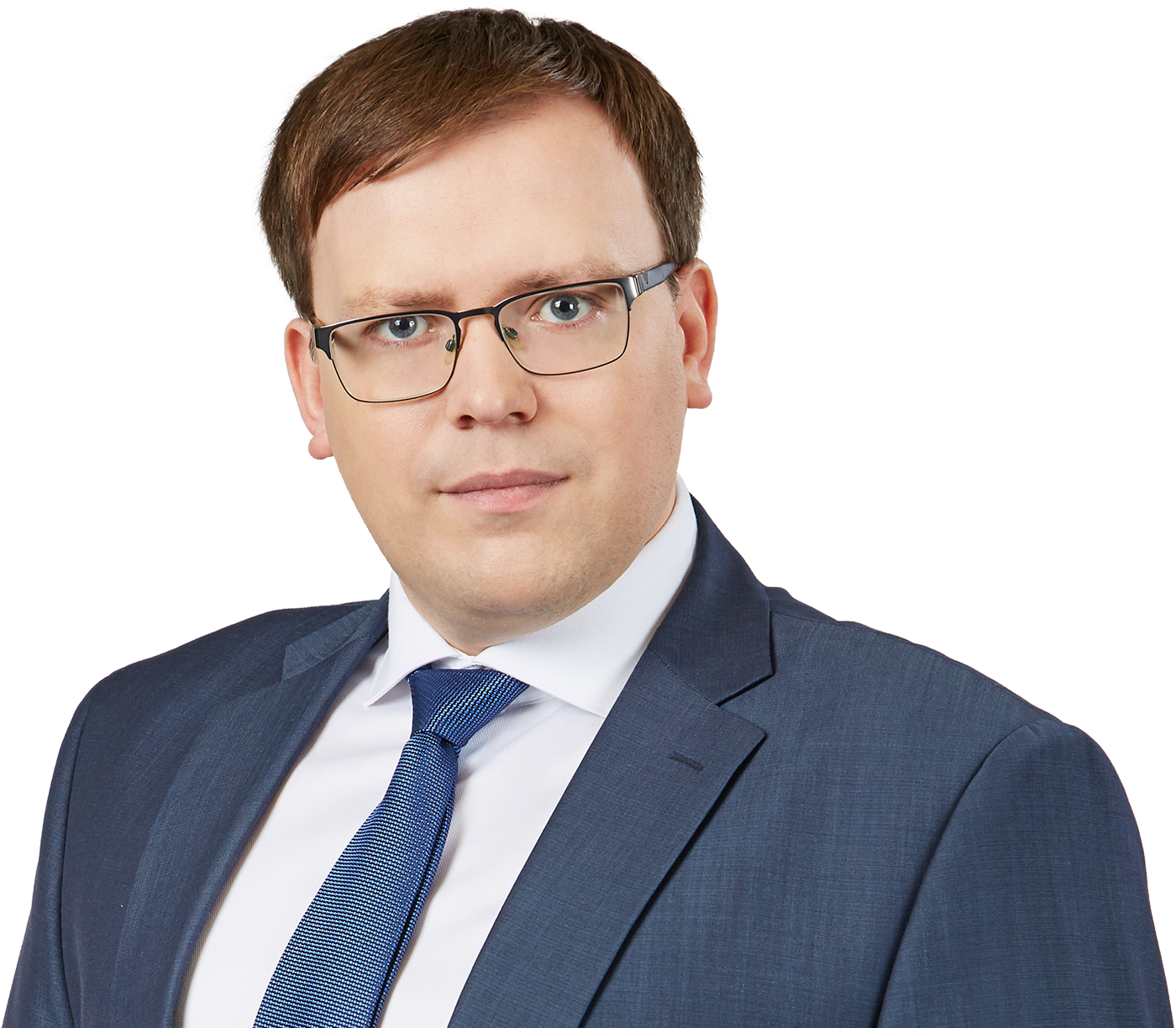German Zakharov
PartnerChambers Europe
German understands the law and has in-depth experience of cartel investigation matters due to significant previous experience with the FAS Russia.

Chambers Europe
German understands the law and has in-depth experience of cartel investigation matters due to significant previous experience with the FAS Russia.
German Zakharov, Partner, is a member at Competition/Antitrust, Foreign Direct Investments and White collar crime, Compliance and Investigations practices.
German is a recommended expert in the antitrust regulation area, and supports clients on a wide range of antitrust issues: coordination of merger control transactions with Federal Antimonopoly Service of the Russian Federation (FAS Russia), cartel investigations, advising on distributorship agreements, and analyzing compliance of commercial agreements with antitrust requirements. German represents companies during dawn raids performed by FAS Russia and its territorial subdivisions, and also represents clients before the court.
As a member of the White collar crime, Compliance and Investigations practice German renders legal support to companies regarding compliance with applicable criminal and antitrust legislation, and assists in drafting and implementing internal policies and compliance procedures.
German works with international and Russian companies from different industries, including healthcare, energy and natural resources, media and communication, information technologies, FMCG and retail.
German joined ALRUD in May 2010 as an attorney. Before joining ALRUD, German worked in the Central directorate of the Federal Antimonopoly Service, participating in examining applications and notifications, drafting changes to antitrust and industry legislation, examining cases of antitrust legislation breaches, and investigating activity of business entities in various industries.
German is excellent, responsive and practical from a commercial perspective. He sets forth all considerations and risks in a practical and concise manner to allow for informed decisionmaking by clients. Chambers Europe
German graduated with honors from the Law faculty of M.V.Lomonosov Moscow State University, and completed “Economics in Competition Law” and “EU Competition Law” programs in King’s College London.
German is a member of Competition experts association, a member of FAS Russia Expert Council for supporting small and medium businesses and a member of Eurasian Alliance of Antimonopoly Experts. He also is a Member of the American Bar Association and the International Bar Association.